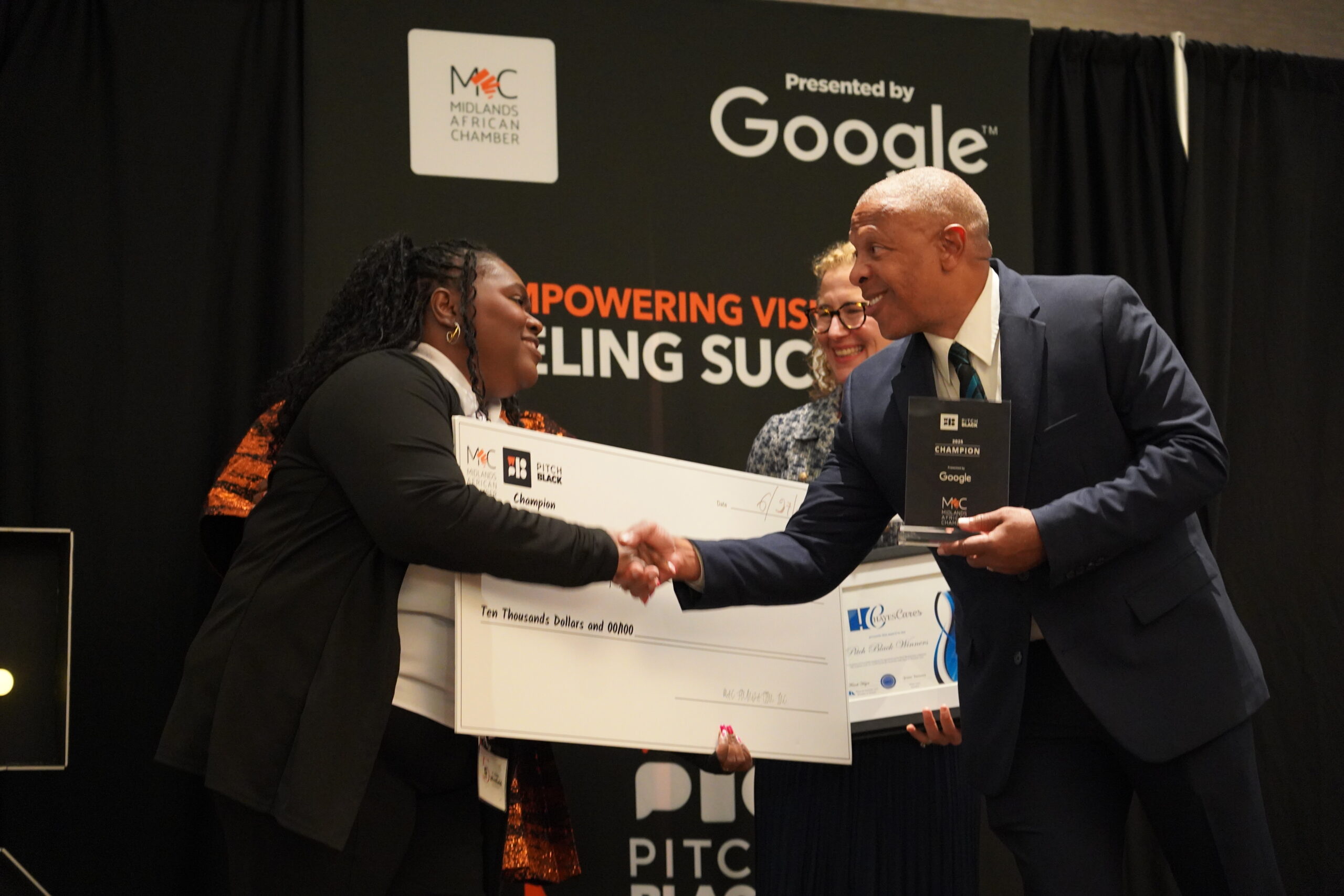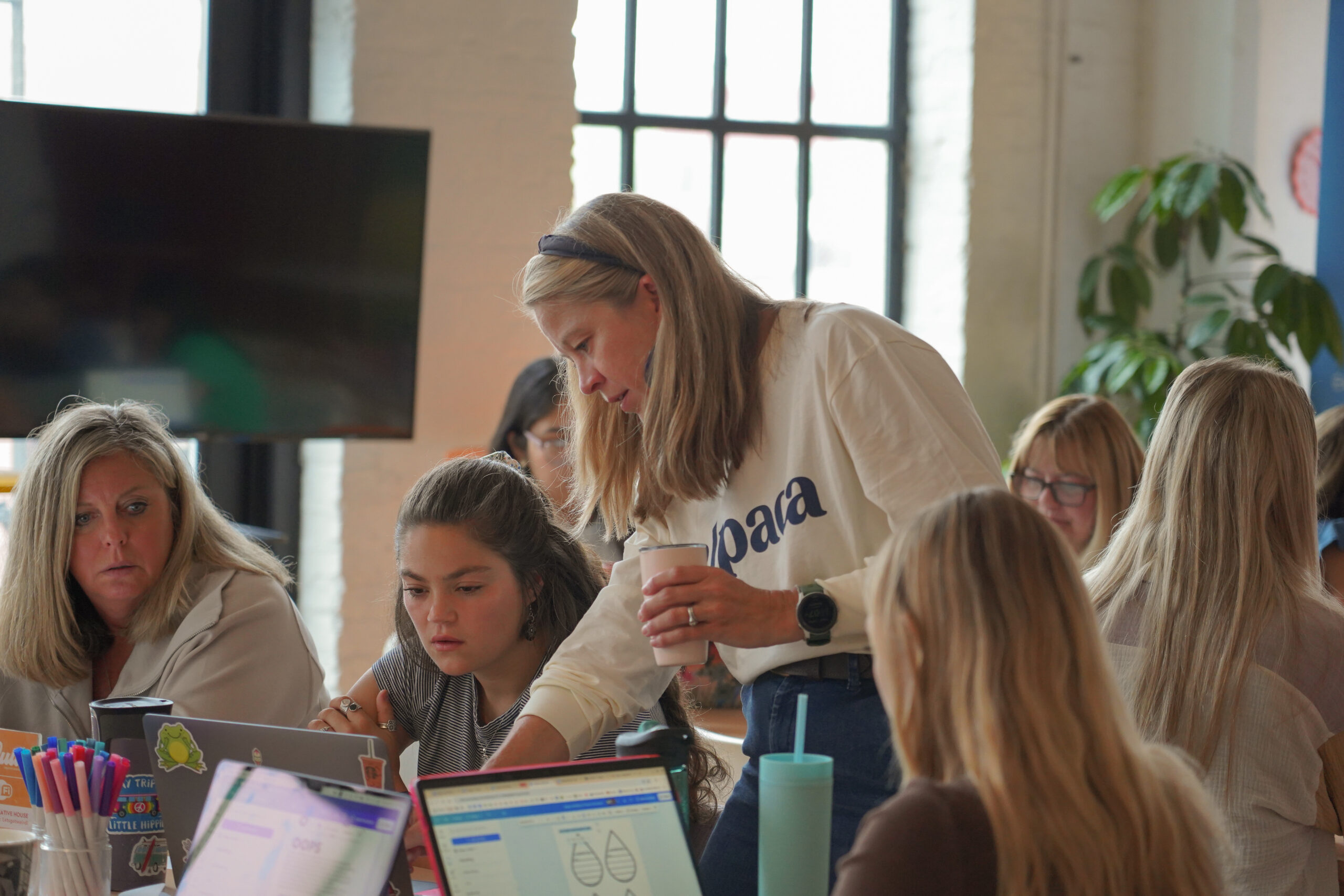Over $1.6 million in grant funding has been awarded to a project started by researchers at the University of Nebraska at Omaha and the University of Missouri.
Supported by the Alfred P. Sloan Foundation and Mozilla, the Community Health Analytics Open Source Software (CHAOSS) project seeks to ensure a healthy future for open source software.
Open source software is built on source code that anyone can observe and modify, allowing developers to alter the function of a given program or application to better suit the needs of users and programmers. Examples include Linux, the Apache HTTP Server and the Firefox web browser.
Much of the technology people use everyday is built on open source software. Communities of dedicated open source developers ensure the usability, security and sustainability of open source software. The health of these development communities is, therefore, a concern for businesses, governments, schools, nonprofits and individual tech users—in other words, almost everyone.
“Worst case scenario, without open source software, say goodbye to the internet,” said Sean Goggins, a professor at the University of Missouri. Goggins co-founded the CHAOSS project with Professor Matt Germonprez of the UNO College of Information Science and Technology.
The ubiquity and necessity of open source software is difficult to understate, according to the project’s founders.
“If you’re a tech company, you’re using open source software,” said Germonprez. “So many companies rely on open source software in their products and services. These organizations need to understand the health of the software they use.”
According to a 2018 study by the Linux Foundation, 72 percent of companies use open source software for non-commercial or internal reasons. And 65 percent of companies surveyed in the Future of Open Source Study are contributors to open source projects.
Given the near-universal nature of the projects they support, open source developer communities face unique challenges. Attracting new talent, ensuring consistent code quality and recognizing key contributors are three chief concerns, Germonprez said.
The CHAOSS project establishes metrics to gauge the health of an open source software development community, such as diversity, evolution, risk and value. These metrics make evaluation of an open source software community’s health more transparent. As a result, threats to a community’s sustainability can be more immediately identified, and stakeholders can manage open source projects more effectively.
“We wanted to make it so that (open source software) community health failures are actionable,” Germonprez said. “Establishing consistent language and metrics for evaluating OSS project health provides tools which people can use to reflect on their own OSS community health.”
As part of CHAOSS, an open source tool called Augur has been developed to centralize key metrics. Augur helps open source project communities compare their health to the health of other communities and establish common standards.
The CHAOSS project is hosted at the Linux Foundation, a supporter of open source ecosystems. To learn more, visit the project’s website.




